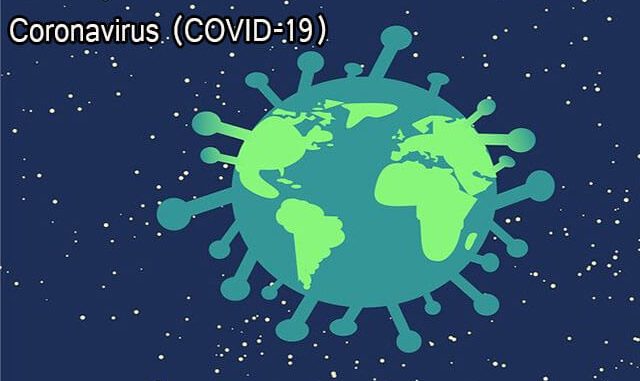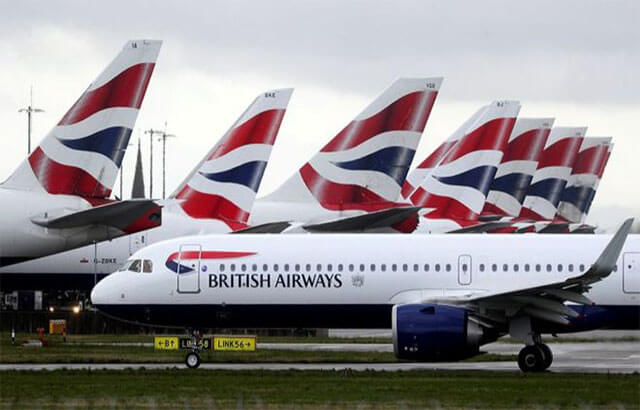
This page covers the Coronavirus (COVID-19) in following topics :
- What is Coronaviruses?
- What is the government doing to help?
- Coronavirus disease (COVID-19) outbreak
- What should you do if commercial flights are still operating?
- Self-isolation (self-quarantine) for coronavirus (COVID-19)
- Isolating at home if you are unwell or have coronavirus
What is Coronaviruses?

COVID-19 are a large family of viruses that cause a range of respiratory illnesses. Initial human infections of a new, or ‘novel’ coronavirus were first notified to the World Health Organization (WHO) in late December 2019 after a cluster of pneumonia cases emerged in Hubei Province, China.
The disease caused by this novel coronavirus is named COVID-19. On 11 March 2020, the WHO declared the outbreak a pandemic.
COVID-19 information, fact sheets and resources for the public, health professionals and industry are available from the Department of Health.
What is the government doing to help?
It has come to an arrangement with a number of airlines to fly Britons back to the UK. This includes a pledge of £75m to charter flights to places where commercial flights have stopped running.
British Airways, Virgin, EasyJet, Jet2 and Titan Airways are part of the new efforts, and the government says other airlines may be added.
The Overseas people Office has also boosted staffhook at the devote call centre, but they also Covid 19 was hardly death people.
Coronavirus disease (COVID-19) outbreak
The three levels are WHO have been workes together to respond to this COVID 19 (China country office, Regional Office for the Western Pacific and headquarters).
30 th Jan, was WHo advertise the outbreak a First people to Health Emargency if International Concern. On the 11 March before WHO director General characterized COVID-19 as soon a pandemic the world.
This under resources from the across the Organization to bringing following:
- Increasing understanding of the disease: WHO is constantly analysing data as we receive it and working closely with global experts on a range of topics. WHO is proposing specific studies to better understand transmission, risk factors, and the source of the infection.
- Communicating with the public on how to protect themselves and others, especially the vulnerable and those at highest risk.
- Keeping countries and the general public informed: Providing updated information through the International Health Regulations (2005), daily situation reports and dashboards displaying real-time data.
- Coordinating with partners: WHO is working with our network of partners including other UN and development agencies, Emergency Medical Teams, the Global Outbreak Alert and Response Network (GOARN) and donor agencies.
- Helping countries prepare: WHO is working closely with countries to help them prepare for the rapid detection and response to cases, clusters and community transmission including sending supplies, providing technical expertise and training.
What should you do if commercial flights are still operating?

The message is clear – try to book a flight as soon as possible, before travel routes close.
You are advised to contact your airline as soon as possible to get on the first available flight. But where routes have been cancelled, the government says the airline has a responsibility to offer alternatives flights. This includes allowing passengers to change tickets – including between carriers – incurring “little or no cost”.
What is not clear, however, is whether those carriers need to be part of the agreement outlined by the government.
Self-isolation (self-quarantine) for coronavirus (COVID-19)
Self-isolation means you must stay at home for 14 days. You must self-isolate if you have COVID-19, or you have been in close contact with a confirmed case of COVID-19, or you arrived in Australia after midnight on 15 March 2020.
This means you:
- do not leave your home/hotel unless it is an emergency
- do not go to public places such as work or shopping centres
- not let do visitors in – only people who usually live with you should be in your home.
If you are well, there is no need to wear surgical masks inside.
You are isolating at home, ask others who are not in isolation to get food and necessities for you. For support contact your state or territory health agency.
If you are in a hotel you must avoid contact with other guests or staff.
Isolating at home if you are unwell or have coronavirus
If you have coronavirus or are unwell you may isolate at home if you:
- Are well enough to receive care at home
- Have a separate bedroom and can avoid using communal areas
- Have access to the recommended personal protective equipment (at a minimum, gloves and mask); and
- Do not live with household members who may be at increased risk of complications from novel coronavirus infection (a person over the age of 65, young children, pregnant women, people who are
- Immunocompromised or who have chronic heart, lung, or kidney conditions).
You should wear a mask while you are inside your home when other people are present. If you cannot wear a surgical mask, the people who live with you should not stay in the same room as you and should wear a mask if they enter your room.
Only household members who are essential for caring for you should stay in the home. Other people living in the home should consider staying elsewhere if possible.
Surfaces in shared areas such as door handles, taps and benches should be cleaned daily with household disinfectant or a diluted bleach solution.
Read Also: Ponmudi

Leave a Reply